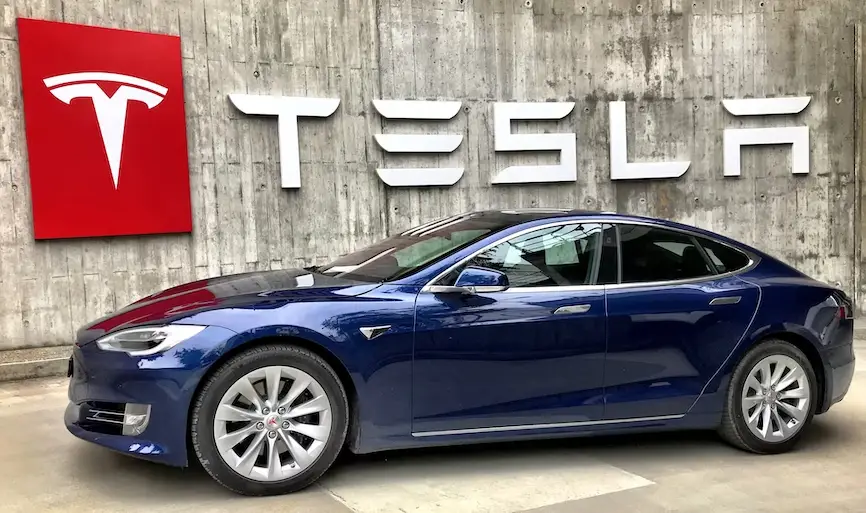Analysts are noting that although Elon Musk has never liked unions, he is most likely cheering on the president of the UAW, Shawn Fain right now. While pushing what many are calling “audacious” contract demands, the union leader is showing no signs of backing down in his battles with the Big Three as head of the auto-worker’s union. If the automakers do not strike a deal with him by Friday, 146,000 UAW workers will likely go on strike.
Analysts note, that as traditional automakers are trying to make inroads into the electric vehicle market, the entire battle with the union, as well as the increased overhead and work delays it could produce, will all work to the advantage of Musk’s Tesla.
Wedbush analyst Dan Ives wrote in a research note, “If a strike happens then ultimately production and the EV roadmap could be pushed out into 2024 and delays would be on the horizon at this crucial period for GM, Ford, and Stellantis.” He added that any work stoppage at its rivals is sure to benefit Tesla.
Erik Gordon, a business professor at the University of Michigan, said in an interview with WNEM, “I think this is going to be the most severe and the most dramatic strike in 50 years.”
Barclays analyst Dan Levy, said a strike is “highly likely.”
In addition, analysts note that a strike which lasted just ten days, would cost GM, Ford, and Stellantis almost a billion dollars, according to research by the Anderson Economic Group.
Analyst Sam Fiorani noted in an interview with the Associated Press, that although the Detroit automakers had almost 2 million vehicles on hand at the end of July, “a work stoppage of three weeks or more would quickly drain the excess supply, raising vehicle prices and pushing more sales to non-union brands.”
Meanwhile, Tesla, where Musk has taken a tough stance against organized labor, suffers no such detriments. Reuters reported that workers at Tesla earn about $45 per hour in wages and benefits, while at the Big Three, UAW represented employees are paid roughly $64 to $67 an hour. Tesla benefits from that wage gap, as well as cost savings from its manufacturing process, and the fact it does not share its profits with dealers.
Although a three-judge panel had ruled in March that Musk’s threat to strip workers of stock options if they chose to be represented by a union was illegal, in July, a federal appeals court decided to revisit the ruling.
The case revolved around a 2018 tweet in which Musk wrote: “Nothing stopping Tesla team at our car plant from voting union. Could do so tmrw if they wanted. But why pay union dues and give up stock options for nothing? Our safety record is 2X better than when plant was UAW & everybody already gets healthcare.”
Experts also say a growing threat will be the new wave of Chinese automakers. Although they have not yet begun exporting in large quantities to America, they have already begun shipping to Europe and elsewhere. At a finance event in May, Ford CEO Jim Farley admitted, “The Chinese are going to be the powerhouse.”
Bill Ford Jr., the executive chairman at Ford said in June, “They are not here, but they will come here…and we need to be ready.”

